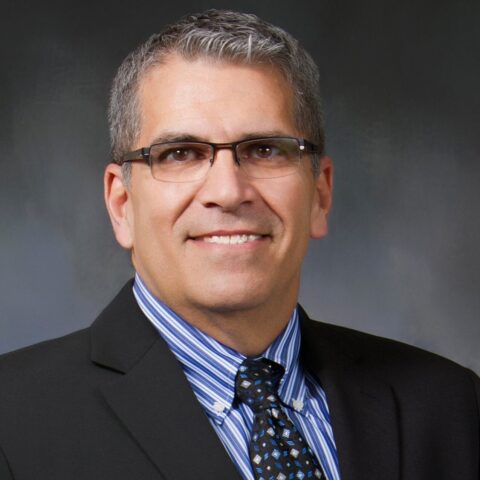
Carlos J. Martinez, the first Hispanic elected Public Defender in the US, is Miami-Dade County’s Public Defender. He was elected in 2008, and re-elected in 2012, 2016 and 2020 without opposition. Martinez manages an office with a $30 million budget comprised of approximately 400 employees, handling approximately 70,000 cases each year.
Martinez represented thousands of clients before working as an administrator for more than a decade. To provide his clients advice on immigration consequences, he established the only Padilla Unit in a Public Defender’s Office in Florida. His Padilla unit attorneys also provide advice to several Public Defender offices throughout Florida.
Martinez currently serves on the National Association for Public Defense Steering Committee. He was a member of the Institute for Innovation In Prosecution, Executive Session on Rethinking the Role of the Prosecutor in the Community. He served on The Florida Bar’s Commission on the Legal Needs of Children, the Florida Department of Juvenile Justice Zero Tolerance Task Force, and as the government lawyer liaison to The Florida Bar Board of Governors.
Martinez has served on technical assistance and training teams across the United States and Latin America, including the Inter-American Drug Abuse Control Commission (Dominican Republic, Chile and Mexico), the Honduran National Office of Public Defense, and the Public Defender Offices in Schenectady County (NY), San Bernardino County (CA), Maricopa County (Phoenix, AZ), and Marion County (Indianapolis, IN). He co-authored a law review article, You Are The Last Lawyer They Will Ever See Before Exile: Padilla V. Kentucky And One Indigent Defender Office’s Account Of Creating A Systematic Approach To Providing Immigration Advice In Times Of Tight Budgets And High Caseloads, Fordham Urban Law Journal (2011). In 2015, he wrote an article for the CABA Briefs “Immigration Consequences: Thousands of Cuban Exiles in Jeopardy.” He recently co-authored an article on Prosecution and Public Defense: The Prosecutor’s Role in Securing A Meaningful Right to an Attorney.

The Council on Criminal Justice is founded on the belief that a fair and effective criminal justice system is essential to democracy and a core measure of our nation’s well-being.
Your tax-deductible support ensures that the Council can advance solutions that enhance safety and justice for all.